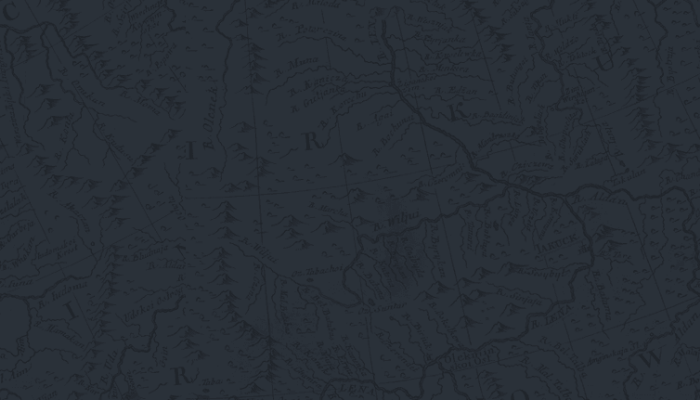The Rockefeller Foundation Supports Ushahidi to use Machine Learning to Close the Loop for Humanitarian and Development Response

Jan 7, 2019

We are excited to announce that The Rockefeller Foundation recently granted funds to Ushahidi for our “Closing the Loop - Machine Learning for Humanitarian and Development Response” project. Read on to learn more about the challenge we are addressing, our shift, and our solution.
The Problem
People, particularly the marginalized, are experiencing increased risk of crisis due to global issues such as climate change and political instability. Since 1970, we’ve seen a fourfold increase in natural disasters around the world.[1] Over 136 million people worldwide require humanitarian assistance today.[2] In addition, ¾ of all countries have experienced a terrorist attack -- a 7x increase since 2000.[3] And due to the spreading of fake news, increasing voter suppression, and the role of bad actors, democratic stability and trust in elections is at a critical moment in history often resulting in violence and political crisis.[4]
We know that crises consistently hurt the most vulnerable disproportionately, resulting in loss of work, threats to health, abuse of power, and increased human suffering. This is where Ushahidi can help.
Human Reliance
To give an example of how emergency response currently works, let’s look at the case of Quakemap (an Ushahidi deployment created in response to the 2015 Nepal earthquake). Once an incident was reported from a citizen in need, it was triaged and verified on the Ushahidi platform. However, in order to escalate reports and respond to those urgent needs, Quakemap staff had to make individual phone calls to informal contacts in the Nepalese Army and provide them the details and coordinates of the report. The Nepalese Army would then dispatch helicopters to rescue the people in need.
Because there were no formal citizen reporting channels created in preparation for such a disaster, the Nepalese Army directed the entire country to send their needs to the Quakemap deployment, and over 2,500 incident reports were triaged that week following the earthquake. The Nepalese Army dispatched over 650 helicopters to rescue people as a result.[5] It was lucky, and not due to resilient planning, that Quakemap staff happened to know how to get in touch with the Nepalese Army, and were able to connect their sourcing of incidents to the Army’s ability to respond. This process was highly manual, tedious, and completely reliant on personal human connections. This inefficiency resulted in the loss of valuable time and ultimately saved fewer lives than possible during the crisis.
Our Shift
Ushahidi’s original problem statement was:
“marginalized people don’t have a means to raise their voices in times of crisis, and those who are trying to help them don’t have a way to listen to what is happening on the ground.”
Through expanded user research we have come to believe that the Ushahidi platform, has improved tremendously over the past decade in solving the demand side of this problem statement: better understanding the needs of those who need help. However, no one has cracked the solution for the supply side of the equation - automated, targeted, and immediate response to these needs. Therefore, Ushahidi’s enhanced and re-imagined problem statement is:
“how can community resources and skills be automously matched to allow for immediate response to critical needs during all types of crisis, thereby reducing human suffering.”
This problem statement will direct how Ushahidi innovates and scales during our second decade with the support of The Rockefeller Foundation.
The Solution
Over the past three years we have conducted technical R&D and user research into solutions to this problem of matching resources to needs with support from the EU Horizon 2020 grant titled Collective Platform for Community Resilience and Social Innovation During Crisis. The outcomes of this work show there is a current failure in the sector and a massive opportunity to build a machine learning application for matching resources to needs in humanitarian response.
With the support of The Rockefeller Foundation, Ushahidi will build upon this R&D and our existing user base to evolve and scale the Ushahidi platform into a collaborative reporting and automatic response platform for NGOs, governments, and communities around the world. Watch this space for more big news and developments to come.